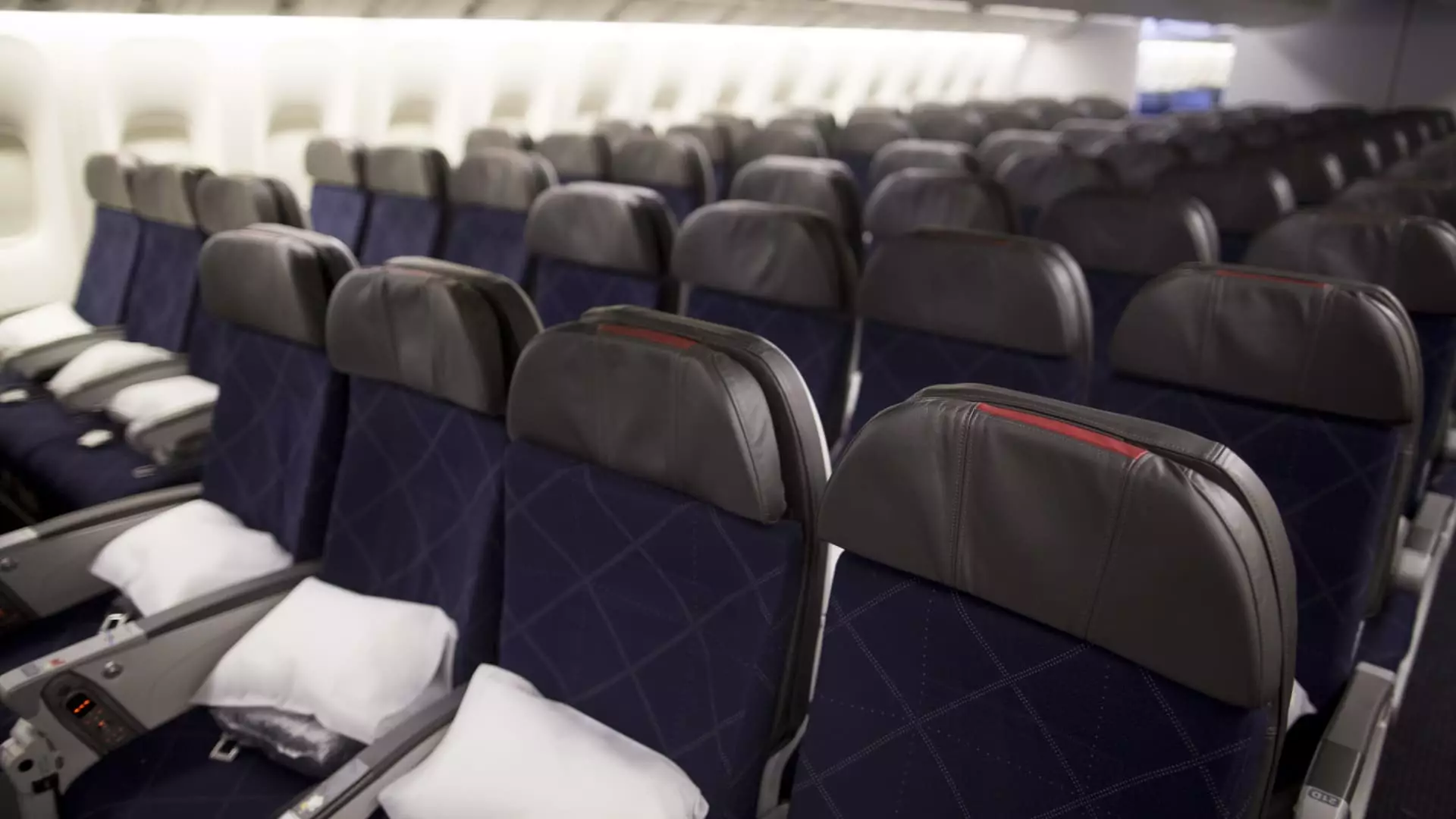In a notable forthcoming Senate hearing, executives from major U.S. airlines are preparing to present their case regarding the controversial fees associated with seat selection. The Senate Permanent Subcommittee on Investigations has described these charges as “junk” fees, implicating them in generating a staggering $12.4 billion in revenues from 2018 to 2023. This figure, revealed in a report released on November 26, has raised eyebrows among lawmakers and consumers alike, prompting a critical examination of the practices surrounding these additional costs.
Airline giants such as American, Delta, United, Spirit, and Frontier all partake in generating income through seating fees, which encompass charges for desirable seating options—specifically those with additional legroom or strategically located closer to the front of the plane. In preparation for the Senate hearing, American Airlines’ chief strategy officer, Stephen Johnson, contends that such fees are entirely optional. He argues that passengers are given the autonomy to pay for premium seating if they value it, emphasizing that this system of add-ons is clearly communicated during the booking process.
However, many consumers might challenge this perspective, questioning whether “voluntary” fees are truly justifiable when they significantly alter the overall cost structure of air travel. The core debate lies in the transparency of these charges and whether consumers fully appreciate the implications of selecting a “cheaper” ticket.
The Biden administration, alongside various lawmakers, has made it a point to target these so-called “junk” fees for reform. This scrutiny aligns with broader efforts aimed at enhancing consumer protection in an industry where profit is often prioritized over customer experience. In fact, the recent rise in all-encompassing fees has led to many travelers feeling deceived, as many amenities that were once included seem to have vanished, replaced by an array of costs that inflate the final price of a ticket.
Interestingly, budget airlines like Spirit and Frontier have paved the way for this fee-based model, challenging traditional pricing norms in the industry. Their approach has compelled larger carriers to adopt their own versions of basic economy offerings. Despite this shift, Spirit’s recent filing for Chapter 11 bankruptcy illustrates the complexities and challenges inherent in operating within this fee-driven framework. Factors such as fierce competition and evolving consumer preferences have put immense pressure on these airlines, prompting them to reassess their practices and strategies.
As the hearing approaches, it promises to be a critical juncture for the airline industry. Executives from Delta, United, Frontier, and Spirit will take part, providing testimony that could potentially reshape the conversation around air travel fees. The outcome of this hearing could herald significant changes in how airlines operate and how transparent they must be with their pricing models.
While the argument for voluntary seating fees is strong, it remains crucial for consumers and lawmakers to engage critically with these policies. The Senate hearings may not only expose the intricacies of current airline practices but also pave the way for a redefined system that prioritizes consumer interests over unchecked profitability.

